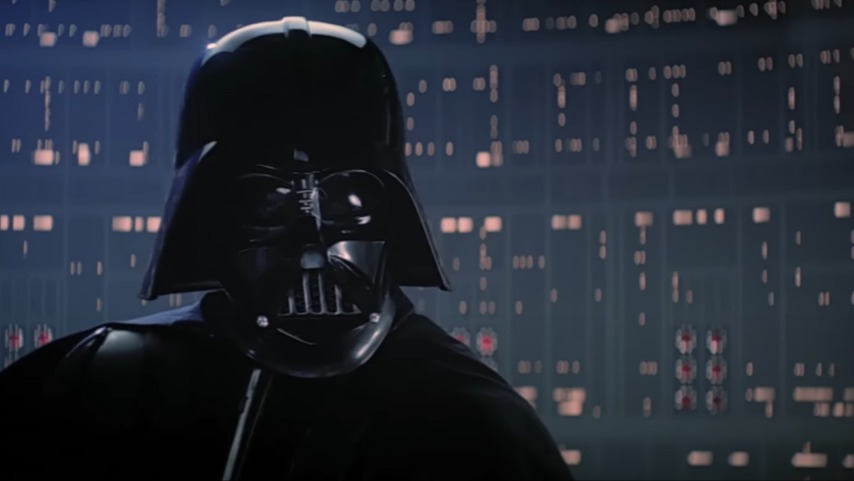In recent weeks we’ve seen a lot of media outlets and entertainment companies make deals—some might say with the devil, others might just call them “generative artificial intelligence companies.” But the future of AI in Hollywood is not set in stone. On Wednesday, several major studios (Disney Enterprises, Marvel, Lucasfilm, 20th Century, Universal City Studios Productions, and DreamWorks Animation) filed a lawsuit against AI company Midjourney, calling the firm a “bottomless pit of plagiarism,” per The Hollywood Reporter.
Basically, Disney and Universal don’t like that Midjourney allows users to generate content using their intellectual property. “If a Midjourney subscriber submits a simple text prompt requesting an image of the character Darth Vader in a particular setting or doing a particular action, Midjourney obliges by generating and displaying a high quality, downloadable image featuring Disney’s copyrighted Darth Vader character,” the complaint reads (via THR). “Midjourney downloaded from the internet, and other sources, content using tools variously described as bots, scrapers, streamrippers, video downloaders, and web crawlers.” The suit goes on to claim that Midjourney CEO David Holz “admitted that to collect the training data, Midjourney ‘pulls off all the data it can, all the text it can, all the images it can.'” (Holz apparently gave this quote in a 2022 Forbes interview.) Further, Midjourney could rein in these copyrighted outputs with “readily available technical protection measures,” but chooses not to do so, even after the studios asked it to. “Midjourney’s infringement is calculated and willful,” the complaint states.
AI has been kind of the wild west over the last few years as the technology develops and enters into regular public use. Leaders in all sectors of society—law, education, medicine, etc.—are figuring out the rules and guardrails for generative AI in their professions. In entertainment, the battleground is copyright law; some creatives have fought back against the use of their work to train Large Language Models (LLMs), while some companies have sought partnerships with AI companies, like The Washington Post teaming up with OpenAI or Universal Music Group considering licensing deals with AI startups Udio and Suno. In Hollywood, rumor has it that AI is already in regular use, and some companies are trying to seduce the studios with “ethical” uses of the tech, like Natasha Lyonne’s Asteria Studios, which claims its LLM was only trained on copyrighted material.
Disney and Universal are the first of the major Hollywood studios to take a big, public stance on generative AI, which is: “Piracy is piracy.” As the suit states, “Midjourney’s conduct misappropriates Disney’s and Universal’s intellectual property and threatens to upend the bedrock incentives of U.S. copyright law that drive American leadership in movies, television, and other creative arts.”
“Our world-class IP is built on decades of financial investment, creativity and innovation—investments only made possible by the incentives embodied in copyright law that give creators the exclusive right to profit from their works,” said Walt Disney Co.’s senior executive VP, chief legal and compliance officer Horacio Gutierrez in a statement to Variety. “We are bullish on the promise of AI technology and optimistic about how it can be used responsibly as a tool to further human creativity. But piracy is piracy, and the fact that it’s done by an AI company does not make it any less infringing.”
In another statement, executive vice president and general of counsel of NBCU Kim Harris said, “We are bringing this action today to protect the hard work of all the artists whose work entertains and inspires us and the significant investment we make in our content. Theft is theft regardless of the technology used, and this action involves blatant infringement of our copyrights.” You can check out the full complaint here.

 Keep scrolling for more great stories.
Keep scrolling for more great stories.
